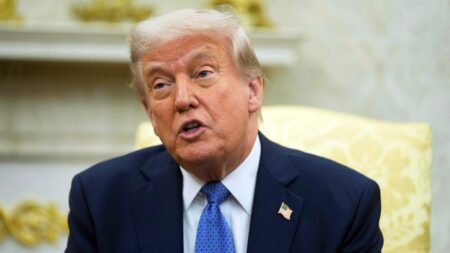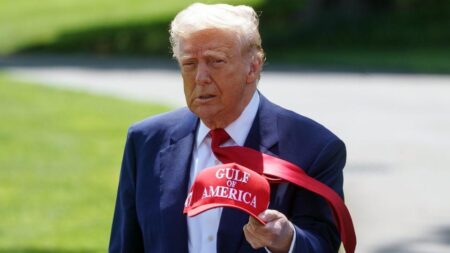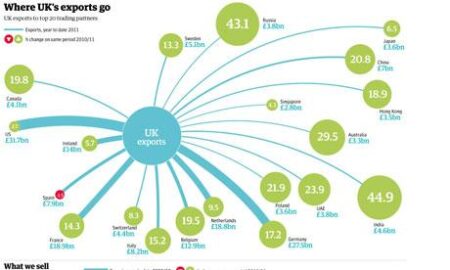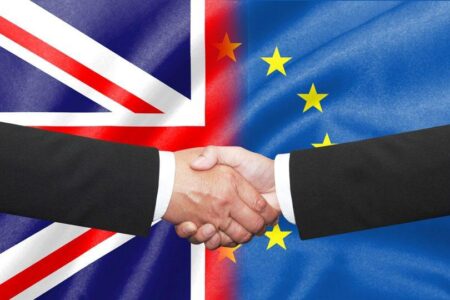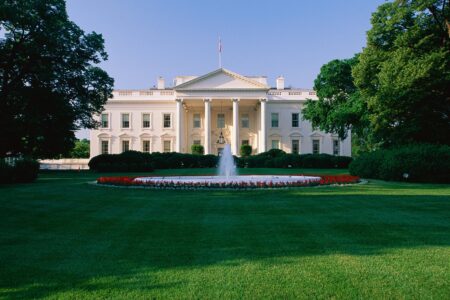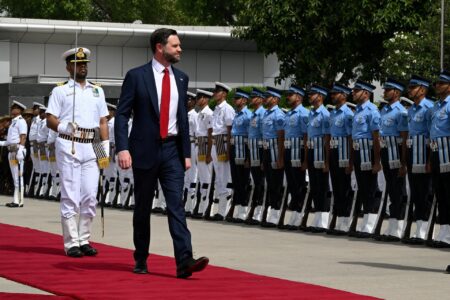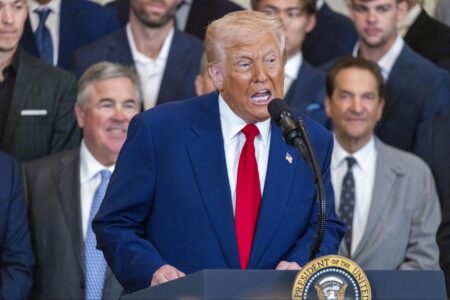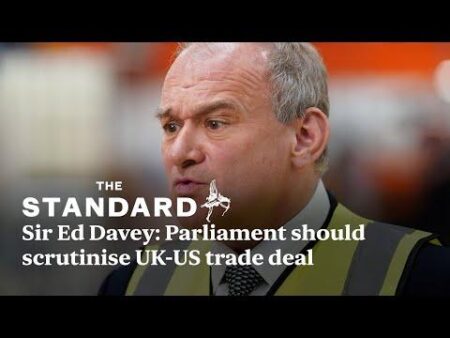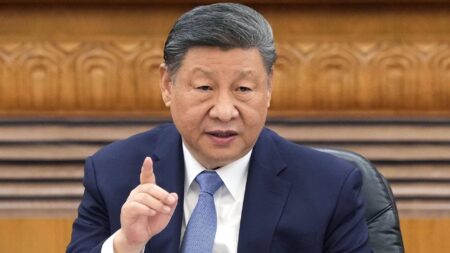Former President Trump has sparked excitement with the announcement of “potential deals” on the horizon with India, South Korea, and Japan. This bold statement marks a renewed emphasis on international relations and trade partnerships. Made during a recent event, his comments underscore his enduring impact on global trade discussions.
Browsing: trade agreements
The U.S. is calling on Argentine President Javier Milei to reconsider the currency swap deal with China, raising alarms about Beijing’s growing footprint in Latin America. Experts caution that this move could further complicate Argentina’s already fragile economy, which is grappling with significant financial hurdles.
Farmers in Brazil’s Mato Grosso are stepping up to challenge major global grain traders, launching legal action over a contentious soy moratorium agreement. They argue that this pact threatens their livelihoods and disrupts traditional agricultural practices, igniting a vital conversation about the future of sustainable farming policies
In a powerful counter to U.S. protectionist measures, the UK and EU have unveiled a dynamic joint declaration championing “free and open trade.” This bold initiative highlights their unwavering dedication to multilateral economic collaboration, aiming to fortify relationships in the face of global uncertainties.
The UK is actively exploring the possibility of slashing tariffs in a bid to clinch a post-Brexit trade deal with the Trump administration. This strategic maneuver highlights Londonﻗs determination to build fresh economic connections as global trade dynamics continue to evolve.
The White House is on the brink of forging tariff agreements with Japan and India, hinting at a significant transformation in trade relations. Yet, insiders suggest that the specifics might still be shrouded in ambiguity, leaving stakeholders in suspense about the exact terms of any forthcoming deals.
Japan is urging G20 nations to step up and take bold action to stabilize the increasingly volatile global markets. The Japanese government has raised alarms about the potential fallout from U.S. tariffs, cautioning that these measures could threaten economic recovery efforts around the globe.
In a dynamic strategic meeting in New Delhi, U.S. Senator J.D. Vance and Indian Prime Minister Narendra Modi came together to discuss the final touches on a groundbreaking trade deal. Both leaders highlighted the importance of collaboration to navigate potential U.S. tariffs on Indian goods, showcasing their commitment to strengthening economic ties.
In a bold and strategic maneuver to sidestep looming trade tensions, Japan is actively forging stronger ties with China, highlighting the importance of collaboration in economic affairs. At the same time, Japanese politician Shigeru Ishiba has stepped forward with a resolute promise to resist any pressures from the Trump administration, determined to protect Japan’s interests amid an unpredictable trade environment.
Tﺣﺙrkiye’s trade chief is gearing up for an exciting visit to Japan, where pivotal discussions are on the agenda to bolster economic connections between the two nations. These meetings promise to dive deep into enhancing trade partnerships and uncovering fresh opportunities across a range of sectors.
UK Prime Minister Keir Starmer engaged in talks with former President Donald Trump about trade, as confirmed by Downing Street. These discussions, focused on bolstering economic connections, underscore the ongoing efforts to adeptly maneuver through the complexities of post-Brexit trade dynamics.
Former President Donald Trump has stepped into the spotlight, revealing his active role in the ongoing trade talks with Japan. He confidently asserts that remarkable progress has been made. This crucial dialogue seeks to tackle tariffs and bolster bilateral trade relations, all while navigating the ever-evolving landscape of global dynamics.
In a recent statement, Senator JD Vance expressed optimism about the prospects of a UK-U.S. trade deal, highlighting the robust connections and common goals that unite the two nations. He pointed out that former President Trump holds a deep-seated fondness for Britain, a sentiment that could significantly enhance the negotiation process
In a recent meeting with Spain’s economy minister, the U.S. passionately urged Spain to ramp up its defense spending and take a fresh look at the contentious ﻗGoogle taxﻗ. This appeal highlights the pressing issues surrounding global security and the evolving landscape of digital economy policies
Manufacturing has driven Brazil-U.S. trade to unprecedented levels in the first quarter, according to Valor International. The surge highlights strengthened economic ties and growing demand for Brazilian products in the American market, signaling robust bilateral relations.
Chinese President Xi Jinping embarks on an aggressive diplomatic tour across Asia, seeking to bolster trade relations amid an ongoing tariff war with the United States. His efforts aim to strengthen alliances and mitigate economic impacts from the escalating conflict.
Spain’s Prime Minister Pedro Sﺣ۰nchez is seeking to strengthen trade relations with China as uncertainties surrounding U.S. tariffs continue. This move aims to diversify Spain’s economic partnerships and enhance its position in the global market.
The UK government has confirmed it will not alter its proposed online safety law during ongoing trade negotiations with the United States. Officials emphasize the importance of maintaining robust online protections despite external pressures.
Central bank deputies from China, Japan, and South Korea convened to discuss the implications of U.S. tariffs on their economies. The meeting, reported by Reuters, highlights growing concerns over trade tensions and their potential impact on regional stability.
The UK has officially banned personal imports of meat and dairy products from the EU, citing biosecurity concerns. The move aims to prevent the spread of animal diseases and align with post-Brexit regulations, affecting travelers and consumers across the nation.

